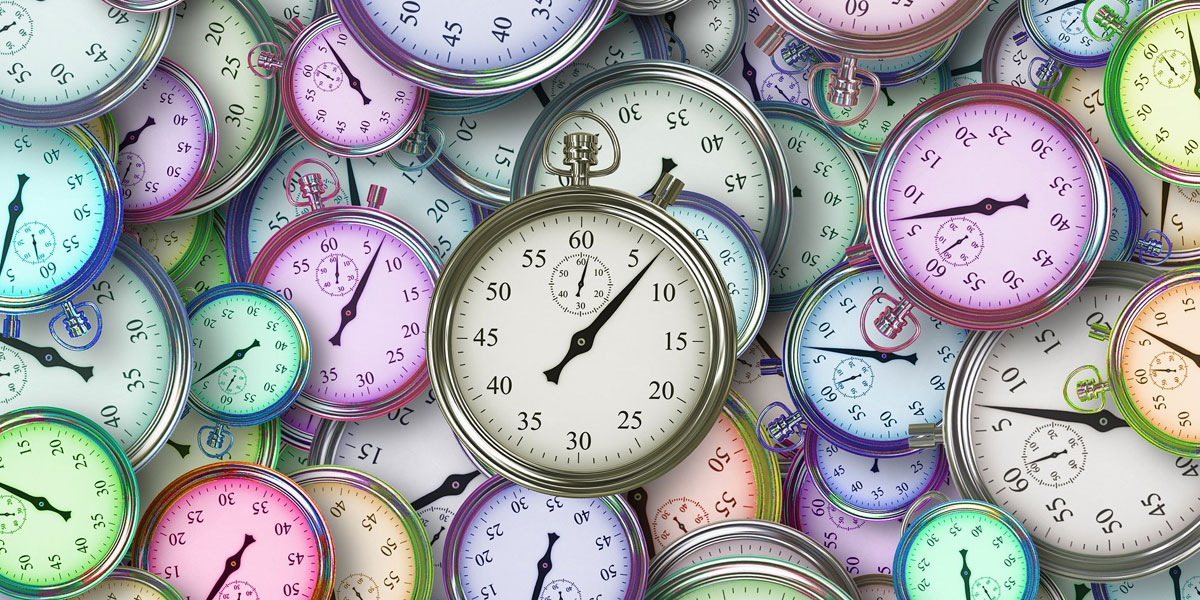What’ and ‘if’ are two words as non-threatening as words can be. But put them together side-by-side and they have the power to haunt you for the rest of your life: What if? What if? What if?
-From Letters to Juliet (2010)
As humans we’ve all had situations where we wonder, “If I had just worked a little harder, said the right things or maybe did something a little earlier, would my life have been different?” That’s why the quote above sums up just about everyone’s life. Regret is a sentiment common to all, and the words “what if” are most commonly used when regret is the subject of a conversation. We all regret things that we’ve done, things we wish we had done, choices we have made, situations that occurred and ones that didn’t. It is very rare for a person to say they have no regrets and honestly mean it. Many of us claim we have no regrets, even though we do. It doesn’t take long to realize that the aversion to this topic is because we have come to associate the word “regret” with negative emotions.
Regret doesn’t necessarily have to be unpleasant. It is a way we evaluate different aspects of our life and it can be a tool for self-transformation. If dealt with in the right manner, it can lead to change. If we truly look within, I think we will all realize that we need to improve in one aspect or another. Sometimes we can be stubborn about it and refuse to accept that we need to change, to the point that we blind ourselves to the glaring truth. It is in such situations that regret plays a major role. It helps us realize – maybe not immediately – that we need to change ourselves. But acceptance of the fact that we need to improve is just the beginning.
We’ve all heard the saying, “Change is the only constant in life.” The problem is that most of us spend a great deal of time, perhaps even a lifetime, waiting for the change to occur, not realizing that we need to make the effort to change. For example, we may know that we need to make a change in our lifestyle to be healthy, but it is only when we actually start exercising and eating well that a difference is made.
Recently, Kamlesh Patel, the Heartfulness Guide, asked, “If you were to meet a person who’s exactly like you, would you like them?” and I believe this is a question we all need to ask ourselves. And if we don’t answer this question honestly, years down the line when we are old and frail we’ll end up regretting all the “could have beens” and “what ifs.” The ones that might have led us down a different path in life, that would’ve molded us to become better individuals, who can say they have no regrets and truly mean it.
While our previous choices make us who we are today, our present reactions and responses are what shape our future. We can either sit around mourning about what could’ve been, or we can make an effort to change so that our future self won’t have to ask, “What if?”
– Chandrakantha Sruthi P






